Dubai Financial Market: Simple Guide for New Investors
If you hear "Dubai Financial Market" and think it’s only for big companies, think again. The DFM is open to anyone who wants to trade stocks, bonds, or ETFs in the UAE. You don’t need a finance degree or a huge bank account – just a bit of curiosity and a basic account.
How the DFM Works
The DFM is the official exchange where listed companies sell shares to the public. It runs Monday to Friday from 10 am to 2 pm, with a short break at 12 pm. Prices move based on supply and demand, just like any market. When more people want a stock, the price climbs; when sellers outnumber buyers, it drops.
Listed firms range from banks and real‑estate developers to tech startups. You’ll see familiar names and some new local players. The market is regulated by the Securities and Commodities Authority (SCA), which makes sure trading is fair and transparent.
Getting Started as a Trader
First step: open a brokerage account. Many local banks and online platforms offer DFM access. The paperwork is simple – ID, proof of address, and a short questionnaire. Some brokers let you start with as little as AED 1,000, so you don’t have to empty your savings.
Next, fund your account. Transfers from UAE banks are instant; international wires may take a few days. Once the money’s in, you can browse the DFM’s list of securities, check real‑time prices, and place orders. A market order buys or sells at the current price, while a limit order lets you set the price you’re willing to pay or receive.
Don’t forget the fees. Brokers charge a commission per trade, usually between 0.1% and 0.3% of the trade value, plus a small clearing fee. It’s worth comparing a few brokers to find the lowest total cost.
Before you jump in, do a quick research sprint. Look at a company’s recent earnings, dividend history, and news. The DFM website offers free PDFs with financial statements, and many broker platforms provide basic analysis tools. If you’re unsure, start with a diversified ETF that tracks the DFM’s overall performance – it spreads risk across many stocks.
Remember, the market can swing fast. Set a clear budget, decide how long you plan to hold each investment, and consider stop‑loss orders to protect against big drops. Even experienced traders get nervous when prices dip, but having a plan keeps emotions out of the equation.
For foreigners, the process is almost the same. Most brokers accept residents and non‑residents, though you may need to provide a passport and a local bank account or an international transfer option. Some platforms even let you trade in English, making navigation easy.
Finally, keep learning. The DFM runs regular webinars, and the SCA publishes updates on new listings and regulation changes. The more you know, the better you can spot opportunities and avoid pitfalls.
In short, the Dubai Financial Market is a friendly place to start investing. Open a broker account, fund it, pick a few stocks or an ETF, and watch your portfolio grow. With a bit of research and disciplined trading, you can be part of Dubai’s dynamic economy without needing a Wall Street background.
-
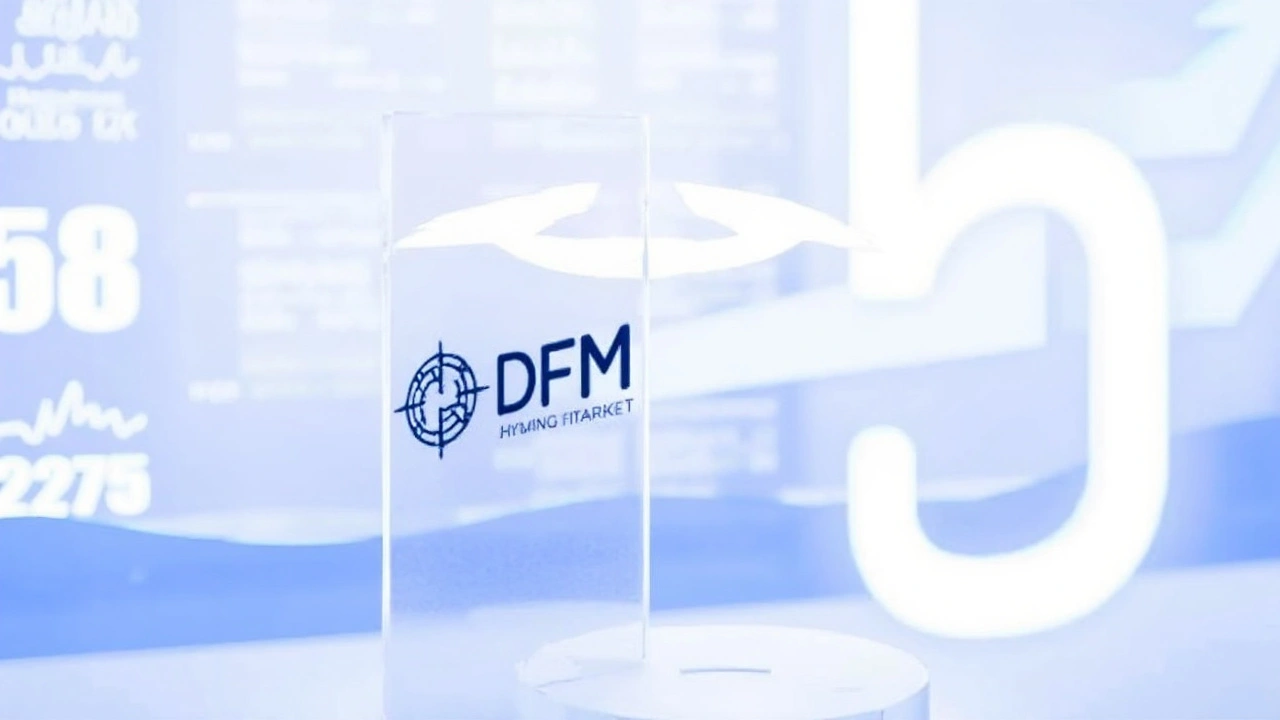 VIEW POST
VIEW POSTDubai Financial Market Unveils Eid al-Fitr 2025 Holiday Timetable
Mar, 26 2025|0 CommentsDubai Financial Market plans to close from March 30 to April 1 for Eid al-Fitr 2025, aligning with UAE's private sector. Trading suspension for securities during these dates depends on moon sighting. Possibility of extension if Ramadan lasts 30 days. -
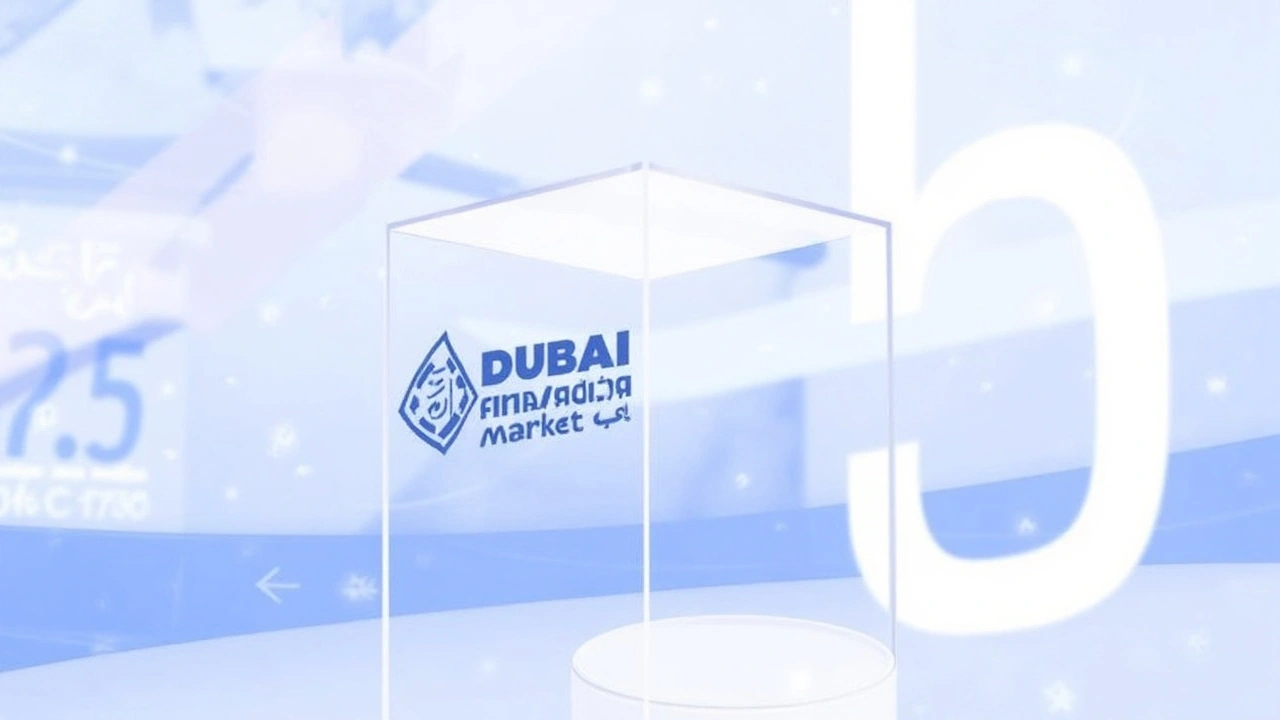 VIEW POST
VIEW POSTDubai Financial Market Reveals 2025 Eid al-Fitr Holiday Break
Mar, 26 2025|0 CommentsThe Dubai Financial Market has set its Eid al-Fitr 2025 holiday from March 30 to April 1, possibly extended to April 2, halting securities trading in alignment with UAE private sector closures. Dates await moon sighting confirmation. -
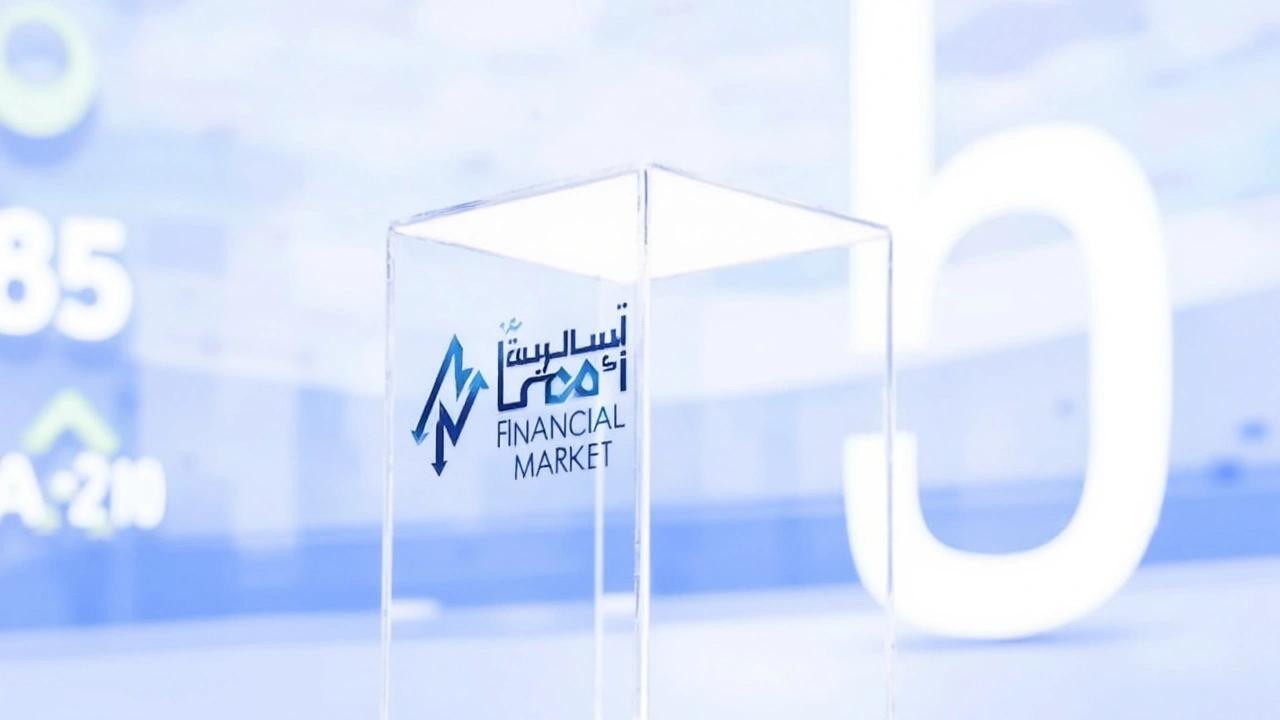 VIEW POST
VIEW POSTDubai Financial Market Sets Provisional Holiday Dates for Eid al-Fitr 2025
Mar, 26 2025|0 CommentsThe Dubai Financial Market shares provisional closing dates for Eid al-Fitr 2025, from March 30 to April 1, dependent on moon sighting. Securities trading pauses during this time, and adjustments may occur. Private sector aligns with potential extension to April 2. -
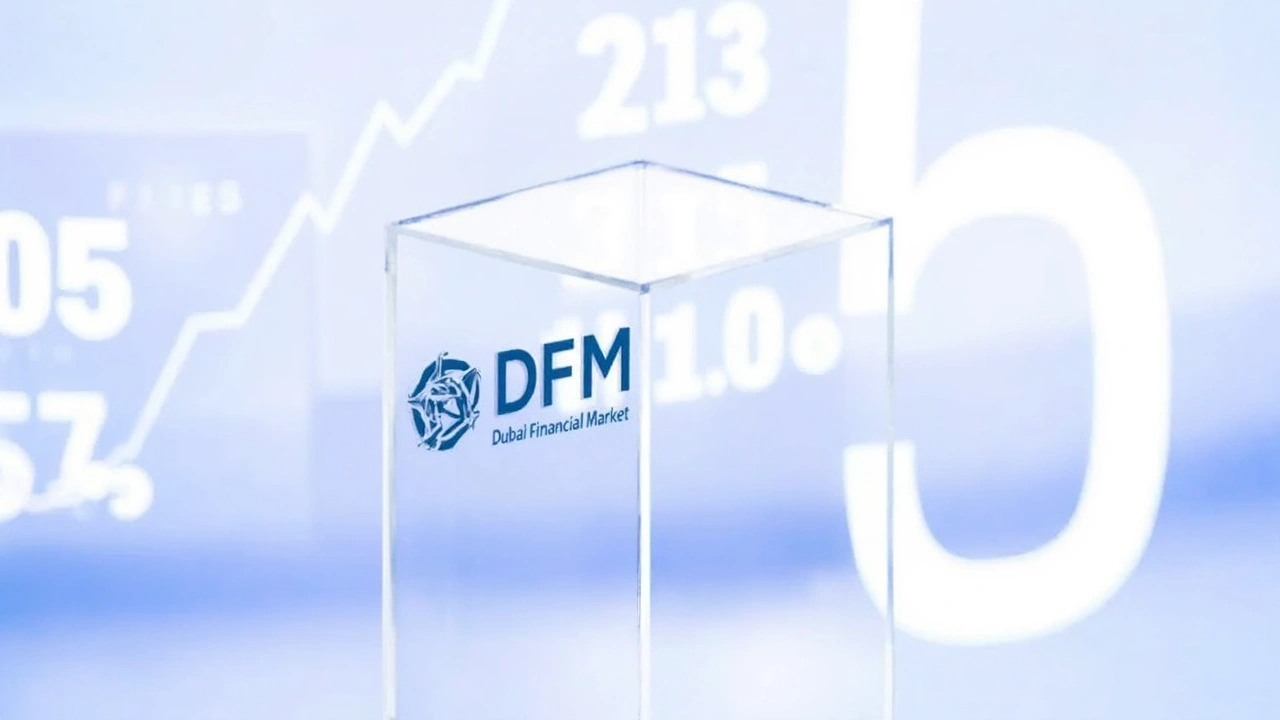 VIEW POST
VIEW POSTDubai Financial Market Reveals 2025 Eid al-Fitr Closing Schedule
Mar, 26 2025|0 CommentsThe Dubai Financial Market is set to shut down for Eid al-Fitr 2025 from March 30 to April 1, with a chance to extend until April 2. This halt affects trading and settlement operations in line with the UAE’s private sector holidays, pending confirmation by moon sighting. -
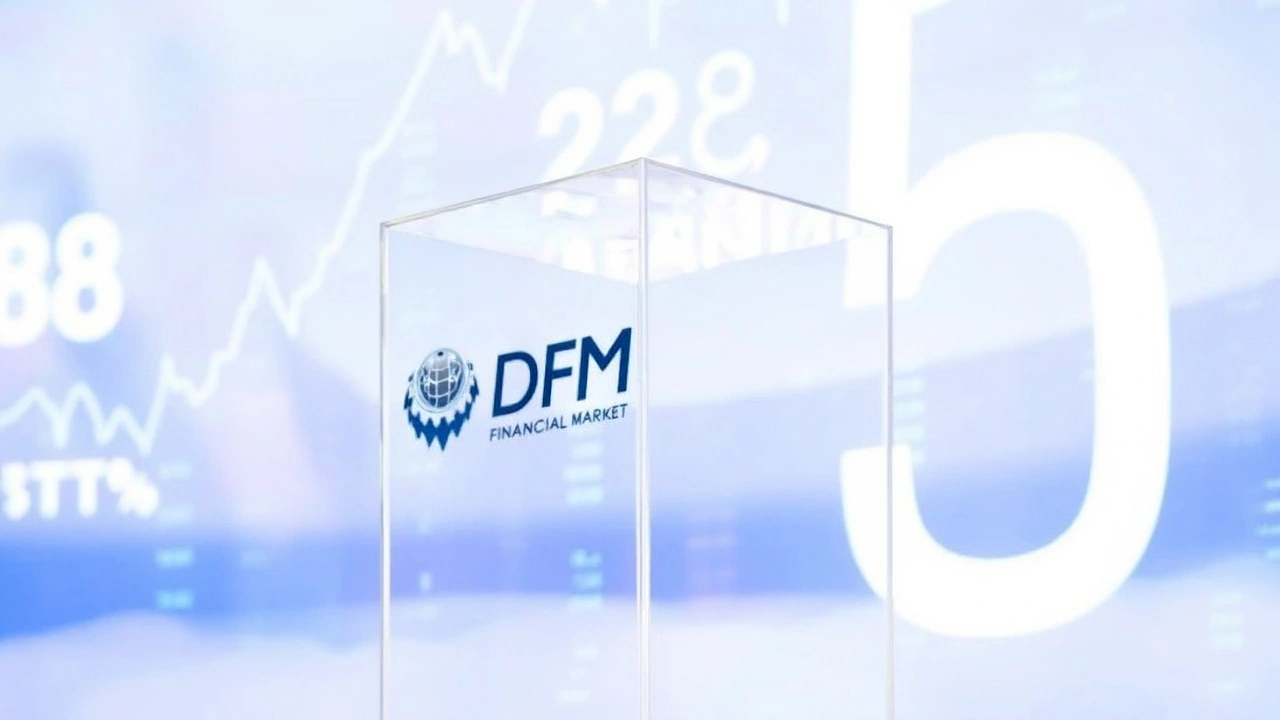 VIEW POST
VIEW POSTDubai Financial Market Reveals Eid al-Fitr 2025 Trading Break
Mar, 26 2025|0 CommentsThe Dubai Financial Market has set its Eid al-Fitr 2025 holiday break from March 30 to April 1, potentially extending to April 2, halting trading activities. This aligns with UAE private sector vacations, with the exact dates hinging on lunar observations.